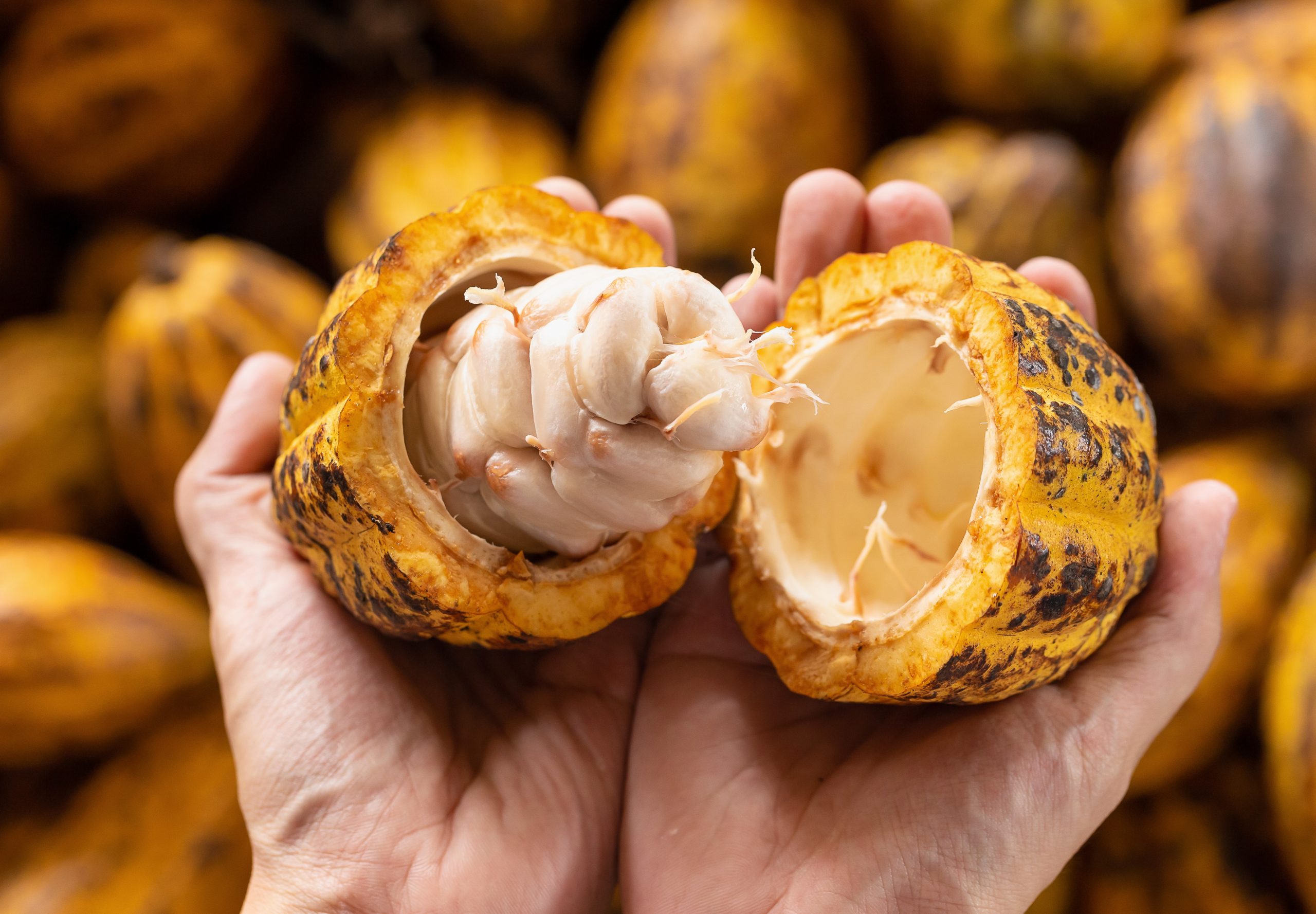Venezuelan cocoa production affected by the Witches’ Broom disease

Cocoa production in the country has been affected due to the proliferation of a disease that affects plants called Witches’ Broomwhose scientific name is Moniliophthora Roreri, according to Vicente Petit, director of the National Association of Cocoa Producers of Venezuela.
In an interview with Unión Radio, Petit explained that it is a fungal disease that attacks not only one part of the plant but the entire bush, including the cobs that grow in the summer months. While in winter, all the spores spread throughout the plot.
“That caused a lot of havoc both in Trinidad and in Brazil,” he said.
Cocoa production in Venezuela is declining
Sucre, the state with the largest cocoa production in the country until last year, produced around 10 million kilos. Currently, production is around 5 or 6 million kilos, according to Petit.
The Association’s spokespersons in that state have been carrying out work on plant disease prevention for a couple of years now.
“The Prosperi Foundation is helping them, as well as the Mayor’s Office and the Governor’s Office. They have managed to achieve a process to control the disease, but the resources have been few,” he said.
He added that in the Mirandina town of Barlovento, cocoa is also being attacked by the disease and production has dropped from around 10 million kilos to about 6 million.
“This has set off alarm bells, because we need to invest in prevention of a disease that occurs annually,” said Petit.
He noted that The price in the markets has risen, which has benefited the sector. “In recent months, the price has risen from $3,000 a ton to $11,000,” he said.
With prices rising, producers have been able to buy fungicides, pruning tools and phytosanitary controls that allow them to increase cocoa production. However, Petit points out that they have lacked technical assistance.
Independent journalism needs the support of its readers to continue and ensure that uncomfortable news that they don’t want you to read remains within your reach. Today, with your support, we will continue working hard for censorship-free journalism!
